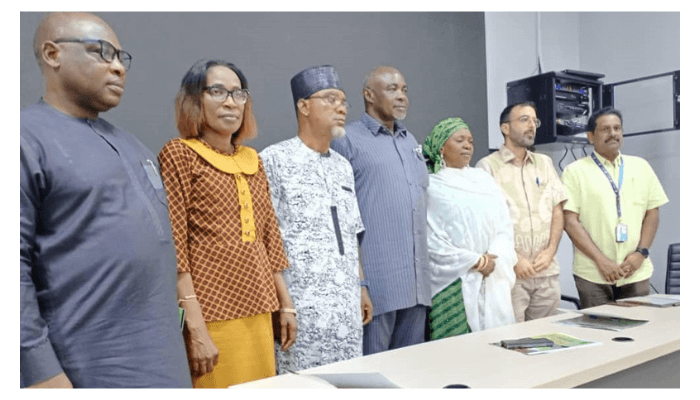The Federal Government, through the Federal Ministry of Industry, Trade, and Investment, has called on oil palm stakeholders to take advantage of technology and innovations as part of measures to optimize yields, reduce waste, and boost growth in the industry.
Speaking at an interactive meeting with stakeholders in Benin City, Edo State, the Permanent Secretary of the Ministry, Nuru Abba Rimi, urged stakeholders to adopt sustainable agricultural methods, invest in conservation efforts, and ensure that operations are in harmony with the delicate eco system surrounding plantations.
The meeting, which was part of an on-the-spot assessment of the oil palm industry and was scheduled for six states, including Cross River, Akwa Ibom, Abia, Imo, Edo, and Ondo States, was organized by the Commodities and Export Department in the ministry in collaboration with the National Palm Produce Association of Nigeria (NPPAN).
NEPC Calls for Application of Technology in Cocoa Value Chain
Rimi, who was represented by Gambo Magaji, Chief Commercial Officer, advised stakeholders to recognize that challenges lie ahead and urged them to collaboratively work towards a vision that ensures the continued success of the oil palm industry.
“We must recognize the importance of collaboration and knowledge sharing. By fostering partnerships with research institutions, industry experts, and international organizations, we can tap into a wealth of expertise and stay at the forefront of advancement in oil palm cultivation,” he said.
APWEN Deploys Artificial Intelligence to Enhance Food Production
Also speaking at the event, the National President of the National Palm Produce Association of Nigeria (NPPAN), who was represented by Harrison Okpamen, Vice President (South), advised the government to establish palm cities across producing states to enable clusters of smallholder farmers to use common facilities for improved productivity.
In attendance were Edo State Commissioner for Agriculture, Steve Ideheenre, and other stakeholders in the oil palm industry, including representatives of the Bank of Industry (BoI) and the Nigerian Institute for Oil Palm Research (NIFOR), among others



